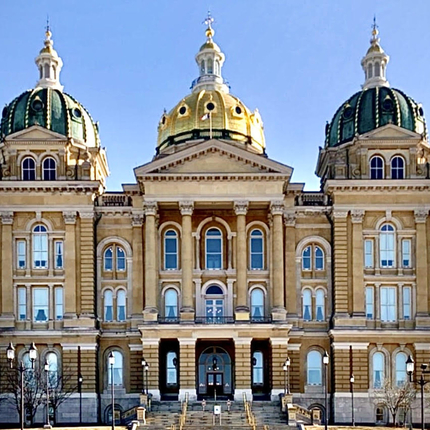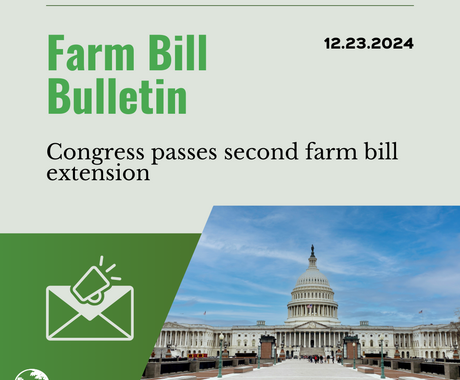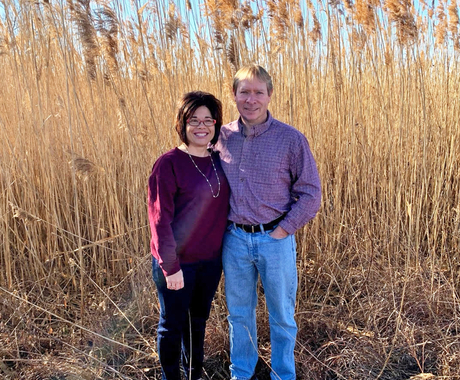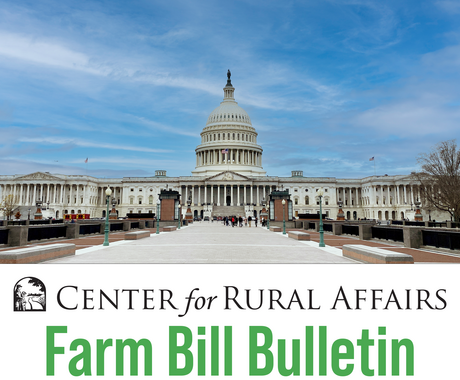Elected representatives in Iowa will debate a host of issues during the 2024 legislative session, including energy and environment, family and economic security, and water quality.
Relevant developments concerning priority legislation will be shared via email. Visit cfra.org/signup or email [email protected] to sign up for updates.
What do you think?
Let us know your input on these priorities and tell us about other state issues that are important to you. Are you interested in writing a letter to your legislator or even testifying at the state capitol? Let us know.
Contact me at at [email protected] or 402.687.2100 ext. 1034.
Water quality
In 2010, the Iowa Legislature established Watershed Management Authorities (WMAs), collaborative entities between cities, counties, and soil and water conservation districts across the state. Collectively, they have installed thousands of beneficial practices, pioneered innovative approaches, and reported demand from landowners for future projects. The Center continues to support programs and investments that move the needle and empower farmers, landowners, and local leaders to be part of the solution.
Reaching Iowa’s water goals will require an all-hands-on-deck approach. We will advocate for the continued effectiveness of WMAs, the Water Quality Initiative, and other efforts to advance water quality. When possible, we will advocate for collaborative, not competitive, funding opportunities. Finally, we will work to educate decision-makers about the benefits WMAs offer, as well as the potential of the Natural Resources and Outdoor Recreation Trust Fund, also known as IWILL, which was approved by voters in 2010 but has remained unfunded due to legislative inaction.
Renewable energy
A growing number of Iowa counties have become resistant to renewable energy development. Last year, this resulted in a statewide bill that included prohibitive siting standards. The bill did not advance out of the Senate Agriculture Subcommittee, but the issue is expected to be addressed again this session. At the same time, many renewable energy developers and environmental activists support a mandatory approach that would ignore local considerations and nuances.
We do not believe the Legislature should adopt a one-size-fits-all approach. This would undermine local control and remove the ability of rural residents to govern themselves. We will advocate for solutions that provide guidance to local officials while still maintaining local control. Voluntary siting guidance from the Legislature would provide a middle-ground approach that upholds local authority while still providing a reputable model for local decision-makers.
Rural grocery
Grocery stores make invaluable contributions to the overall well-being of rural communities. They provide access to healthy foods, offer employment opportunities for local residents, and drive economic growth. The Center has drafted legislation to introduce in both Nebraska and Iowa to create a grant and loan program for grocery stores. We anticipate this legislation will be introduced in both states in 2024, and we will be engaged throughout the legislative process.
Rural grocers in Iowa and Nebraska face many challenges exacerbated by inflation—competition with big-box stores, slim profit margins, and high operating costs, just to name a few. Modest investment to support grocery stores has the potential to pay off multiple times over. By establishing a state grant and/or loan program, lawmakers can increase the sustainability of these important community institutions.





